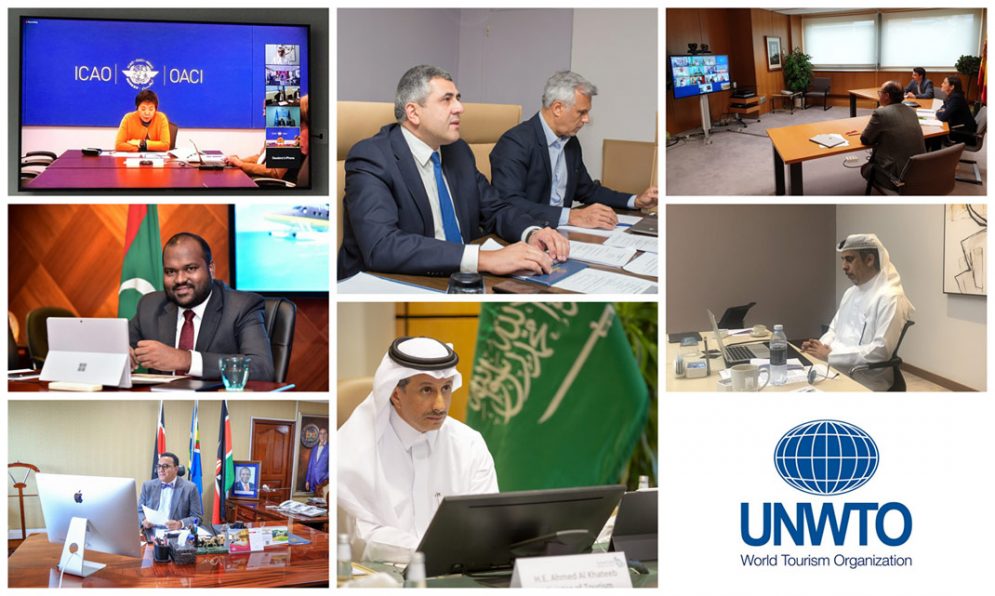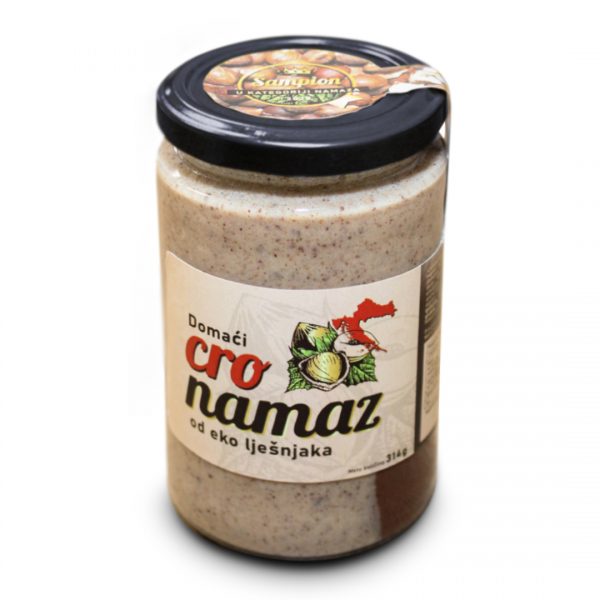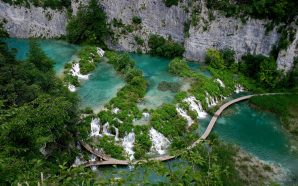The World Tourism Organization (UNWTO) hosted a high-level virtual meeting yesterday, bringing together key UN agencies, the chairs of its Executive Council and Regional Commissions, and private sector leaders. Tourism is the economic sector that has been hardest hit by COVID-19 and all participants accepted an invitation from the UNWTO Secretary-General to become part of a Global Tourism Crisis Committee, formed as UNWTO prepares to launch a global guide for recovery.
Since the start of the pandemic, UNWTO has been working closely with the World Health Organization (WHO) to guide the tourism sector as it faces up to the COVID-19 challenge.
This meeting, hosted in Madrid but conducted virtually for reasons of public health, further emphasized the call for international cooperation to underscore a united response based on the latest public health recommendations and reflecting the deep economic ripple effect and social cost of the pandemic.
Unprecedented
“This unprecedented public health emergency has already become an economic crisis which will come at a social cost”, said UNWTO’s Zurab Pololikashvili. The Secretary-General added that tourism “is the hardest hit sector and all our best estimates have been overtaken by the changing reality”.
Without any certainty over how long this crisis will last or what the final economic and structural impact on tourism might be, all participants were united in their deep concern over the millions of jobs that are at risk of being lost.
With small and medium-sized enterprises making up 80% of the sector worldwide, the wider social impact of the crisis will go far beyond tourism, making it a key concern for the international community.
Coordination is paramount
Tourism has proven in the past to be a reliable partner to lead recovery for societies and communities, but only if the economic policies of governments and the support packages of donor and financing agencies reflect how the sector touches on every part of society.
“The livelihoods of millions of people and their families are at stake, be it in urban centres or in remote communities where tourism is sometimes the main income generator and a vehicle for social inclusion, protecting heritage and kickstarting development”, Mr Pololikashvili said.
This requires political recognition and cooperation across ministries, involving the public and private sectors and set against the backdrop of wider action plans by financial institutions and regional bodies.
All welcomed UNWTO’s tagline to ‘Stay home today so you can travel tomorrow’, which is promoted on digital media through the hashtag #TravelTomorrow.
UNWTO recommendations for recovery
In the coming days, UNWTO will release a set of recommendations for recovery. The document will highlight the steps governments and other authorities need to take to mitigate the impact of COVID-19 on the tourism sector and to then accelerate recovery.
Yesterday’s meeting will be factored into UNWTO’s recommendations. These will be complemented by a dynamic component aimed at engaging with innovators across the world through an innovation challenge centred on tourism’s response. Launched with the support of WHO, this challenge will identify new ideas that can be implemented to help tourism return to sustainable growth.
Participants in Thursday’s coordination meeting agreed that this is “a shared challenge that can only be tackled by working together, with recovery dependent on a joint effort on a scale never seen before”.
Global Tourism Crisis Committee
The participants accepted UNWTO’s invitation to be part a global coordination committee which will hold regular virtual meetings to evaluate and advance recommendations as the situation evolves.
The UN’s key tourism related agencies will all be participating, along with WHO and the main representatives of the airline and maritime transportation sectors, as well as the private sector.
UNWTO members are a critical part of this committee, represented through the regional chairs and the chair of the Executive Council.
PHOTO: UNWTO


























